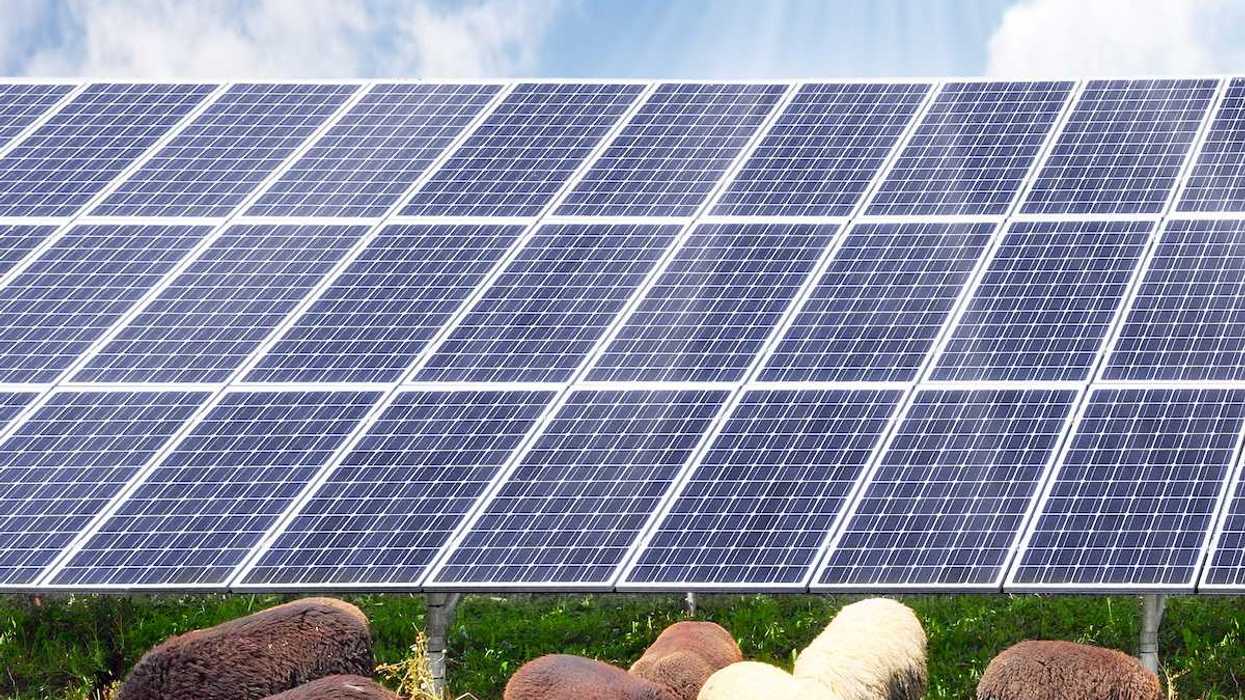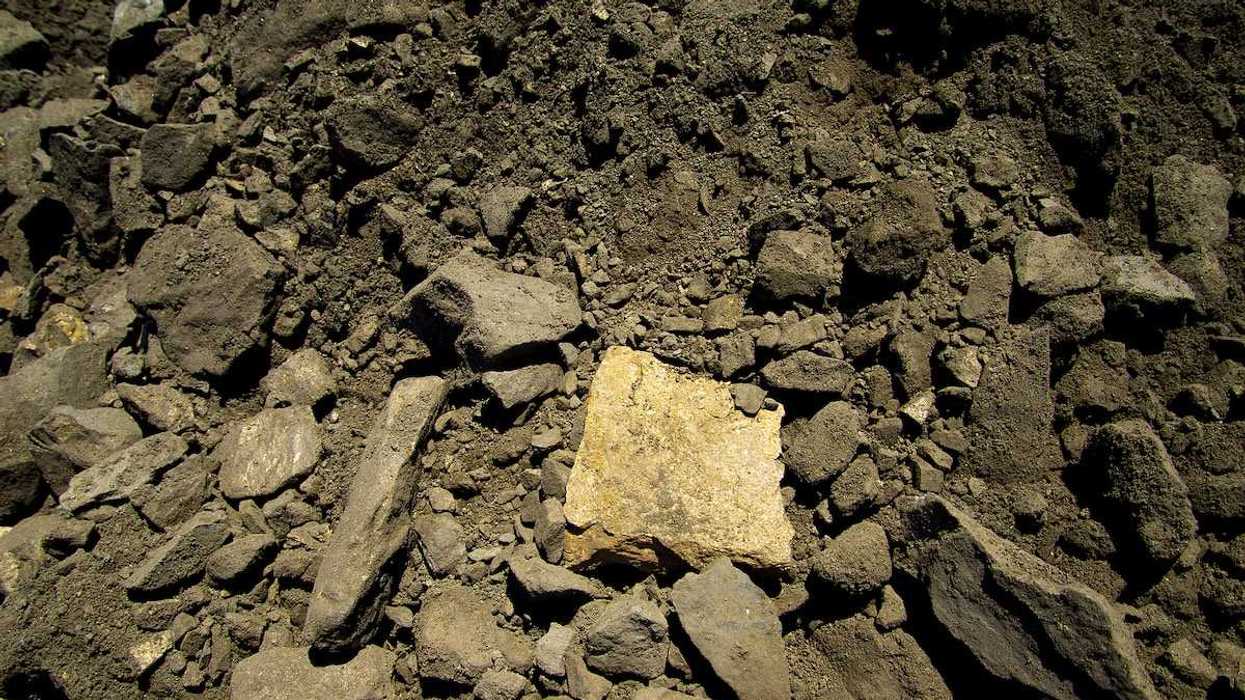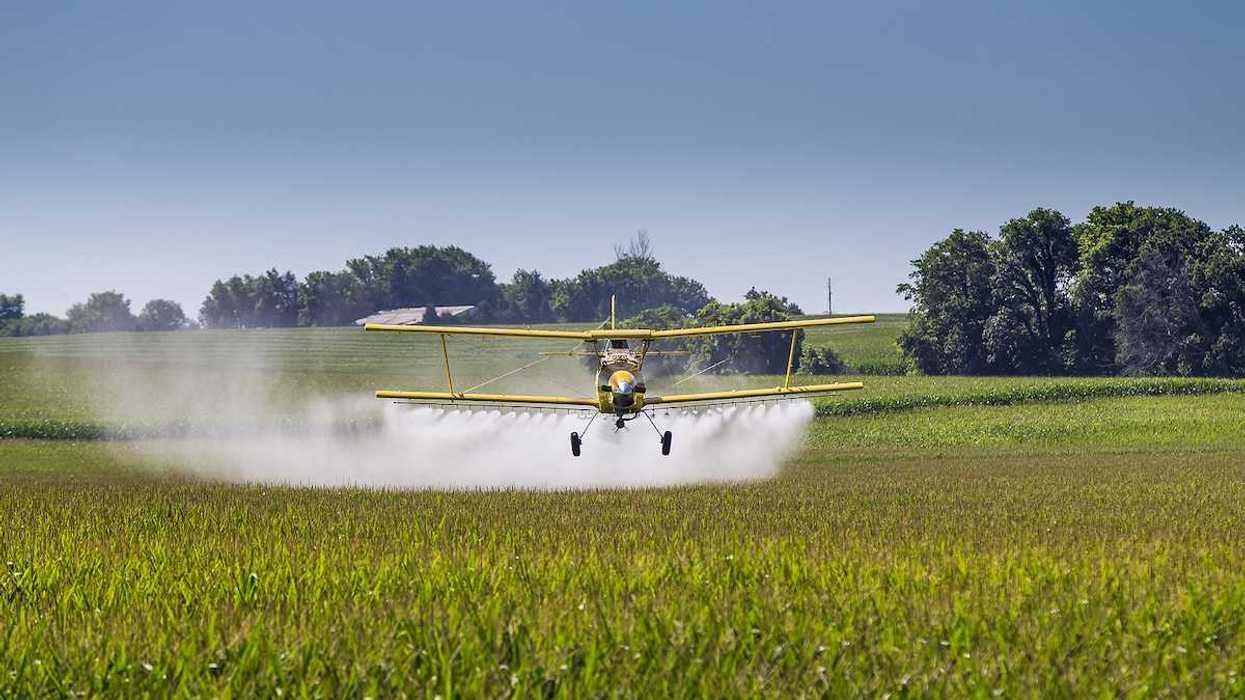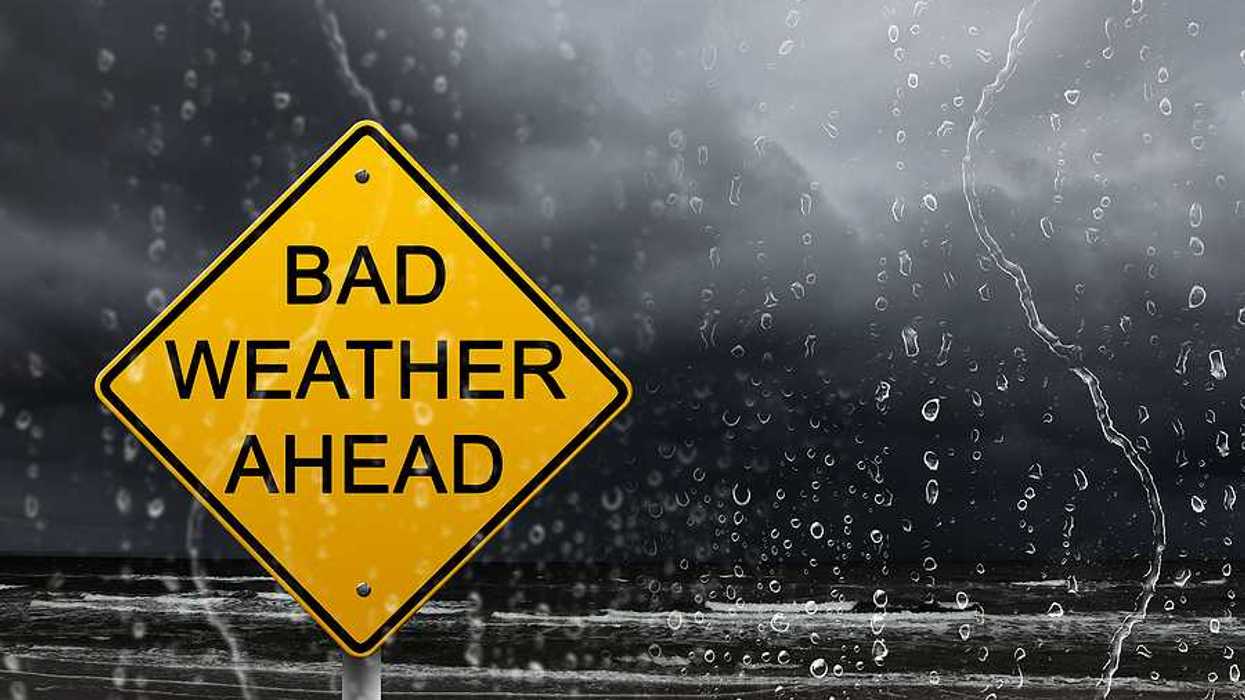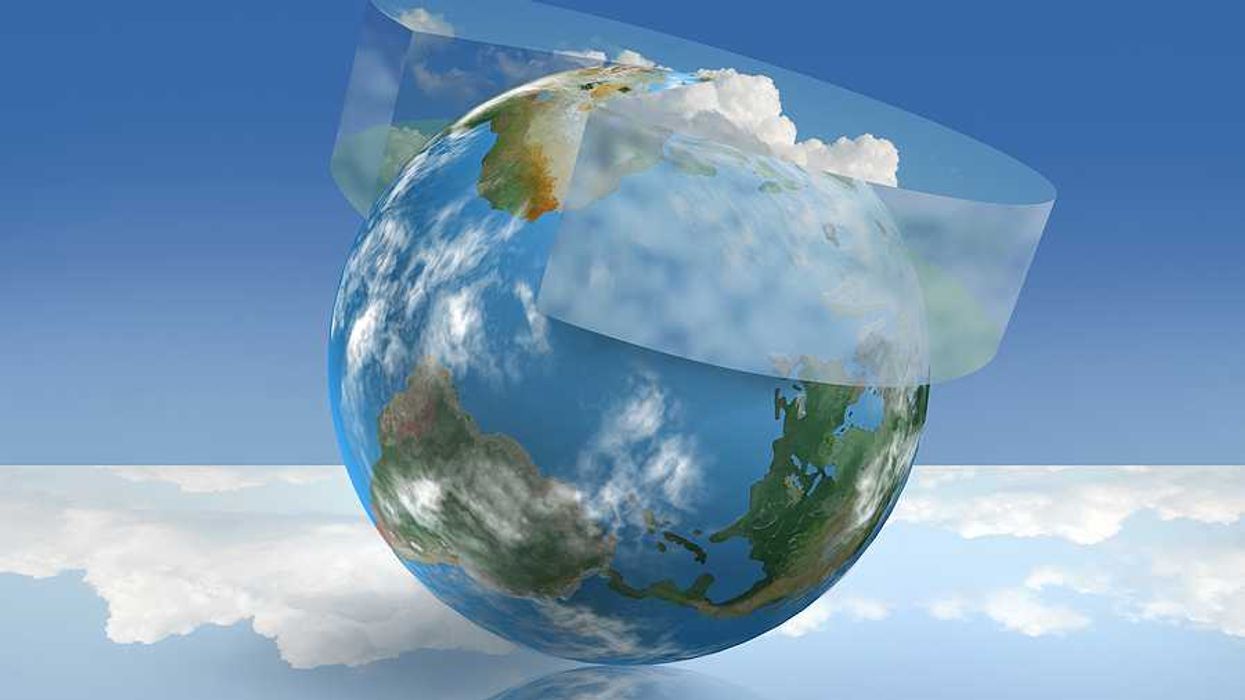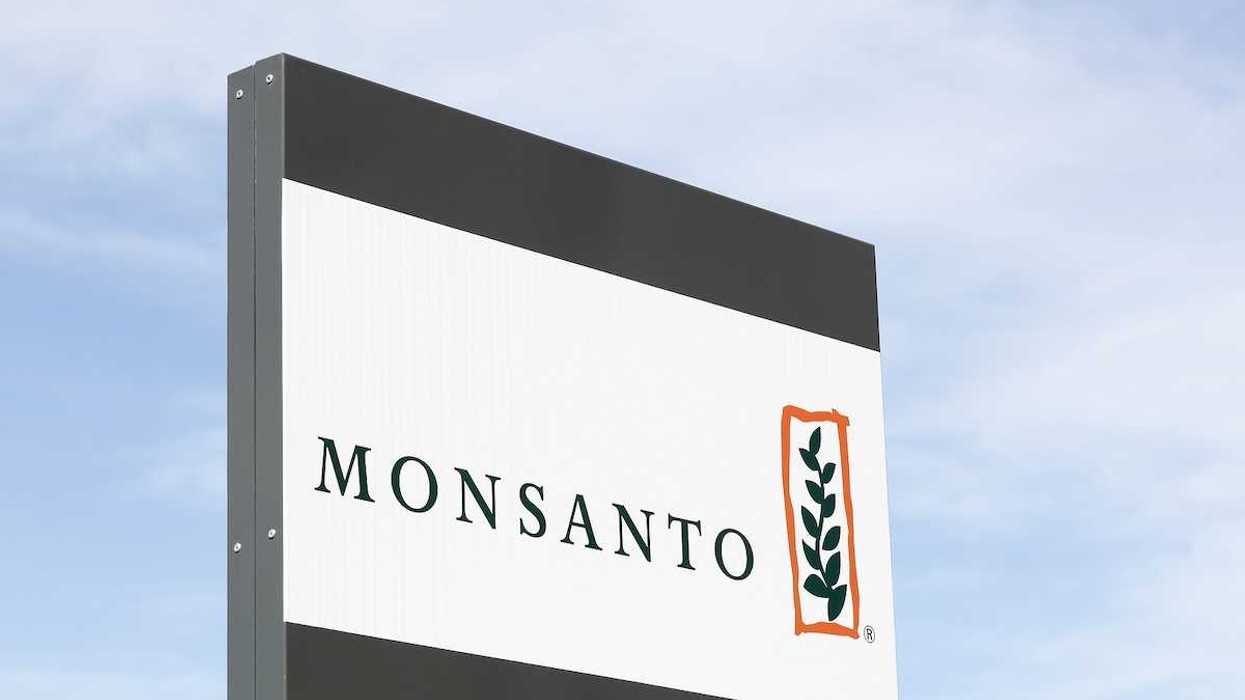In an innovative approach, SKB Environmental's landfill in Rosemount, Minnesota, is experimenting with filtering harmful PFAS chemicals from waste leachate, aiming to neutralize their environmental impact.
Chloe Johnson reports for the Star Tribune and Mississippi River Basin Ag & Water Desk.
In short:
- PFAS, widely used in consumer products, accumulate in landfills, posing a threat to health and environment due to their non-degradable nature.
- The EPA has recently set new limits for PFAS in drinking water, prompting waste handlers to seek solutions for containment and removal.
- Minnesota has implemented the strictest PFAS ban to date, aiming to significantly reduce the presence of these chemicals in consumer products by 2032.
Key quote:
"We might as well be on the leading edge of it, as opposed to trying to catch up later."
— Ryan O’Gara, government affairs manager at SKB
Why this matters:
PFAS chemicals, linked to severe health issues, are ubiquitous in our environment, necessitating urgent action to mitigate their impact. As pre-eminent green chemist, Terry Collins, points out in this op-ed, the only viable solution is to stop making virtually all, and perhaps all, PFAS compounds.


